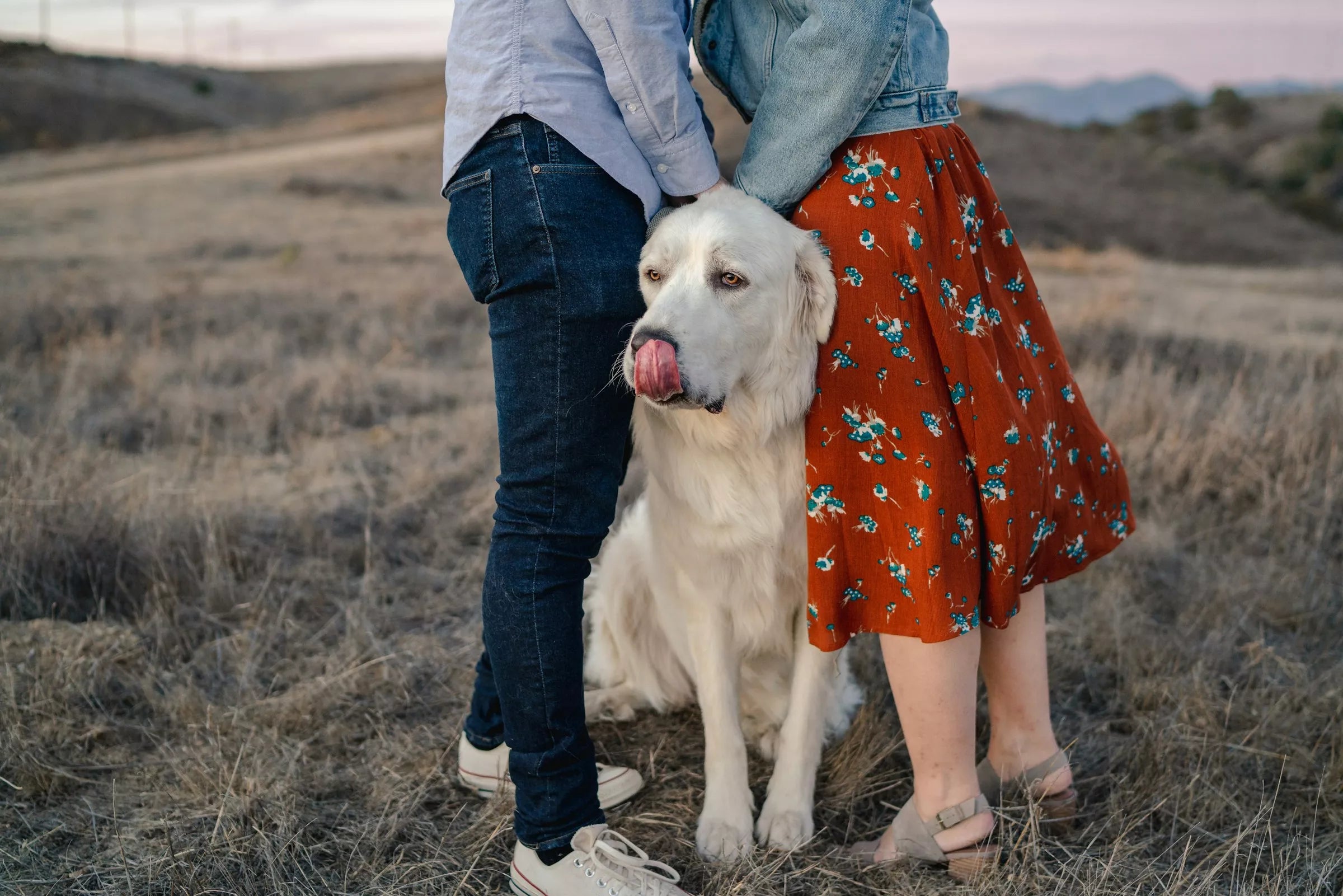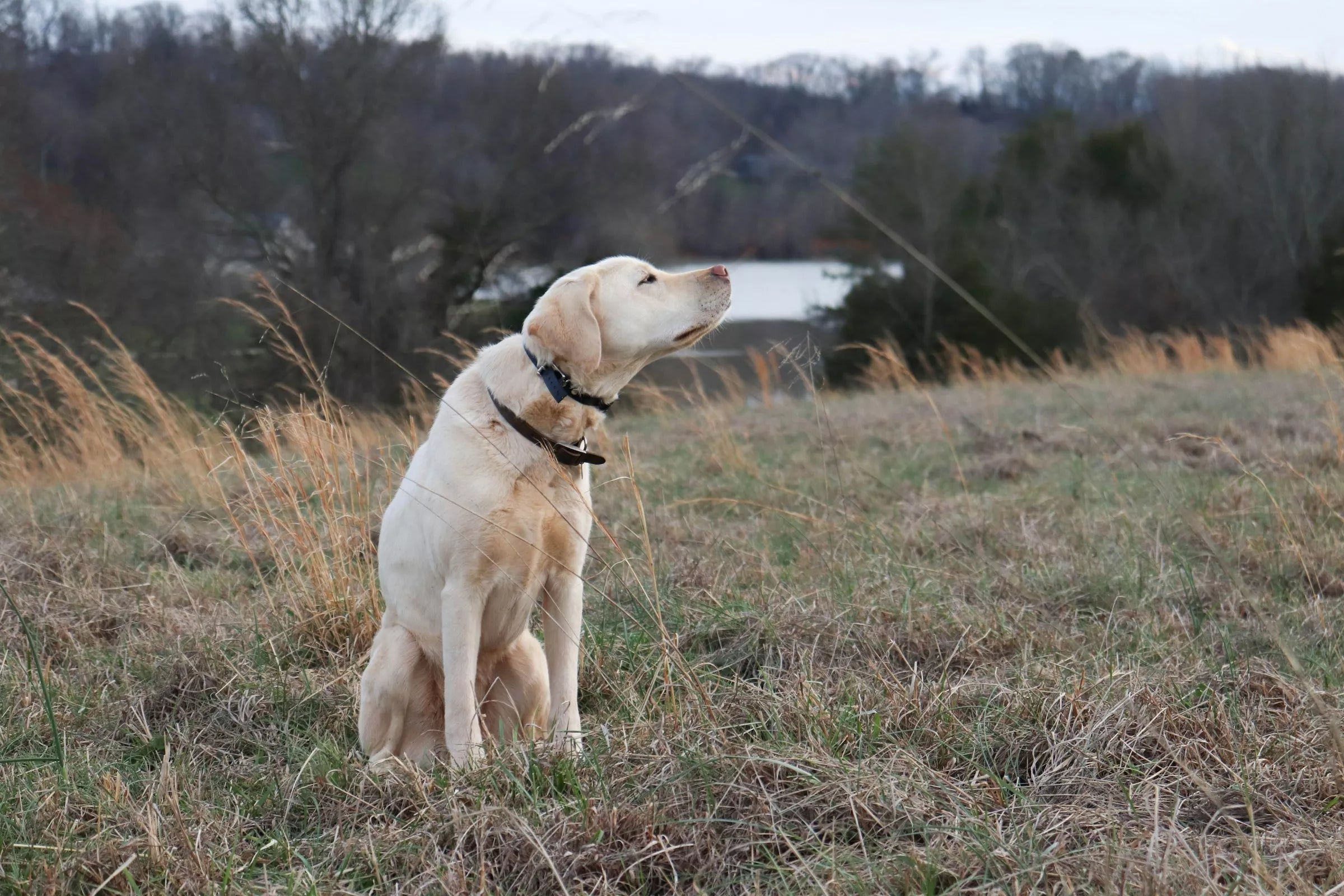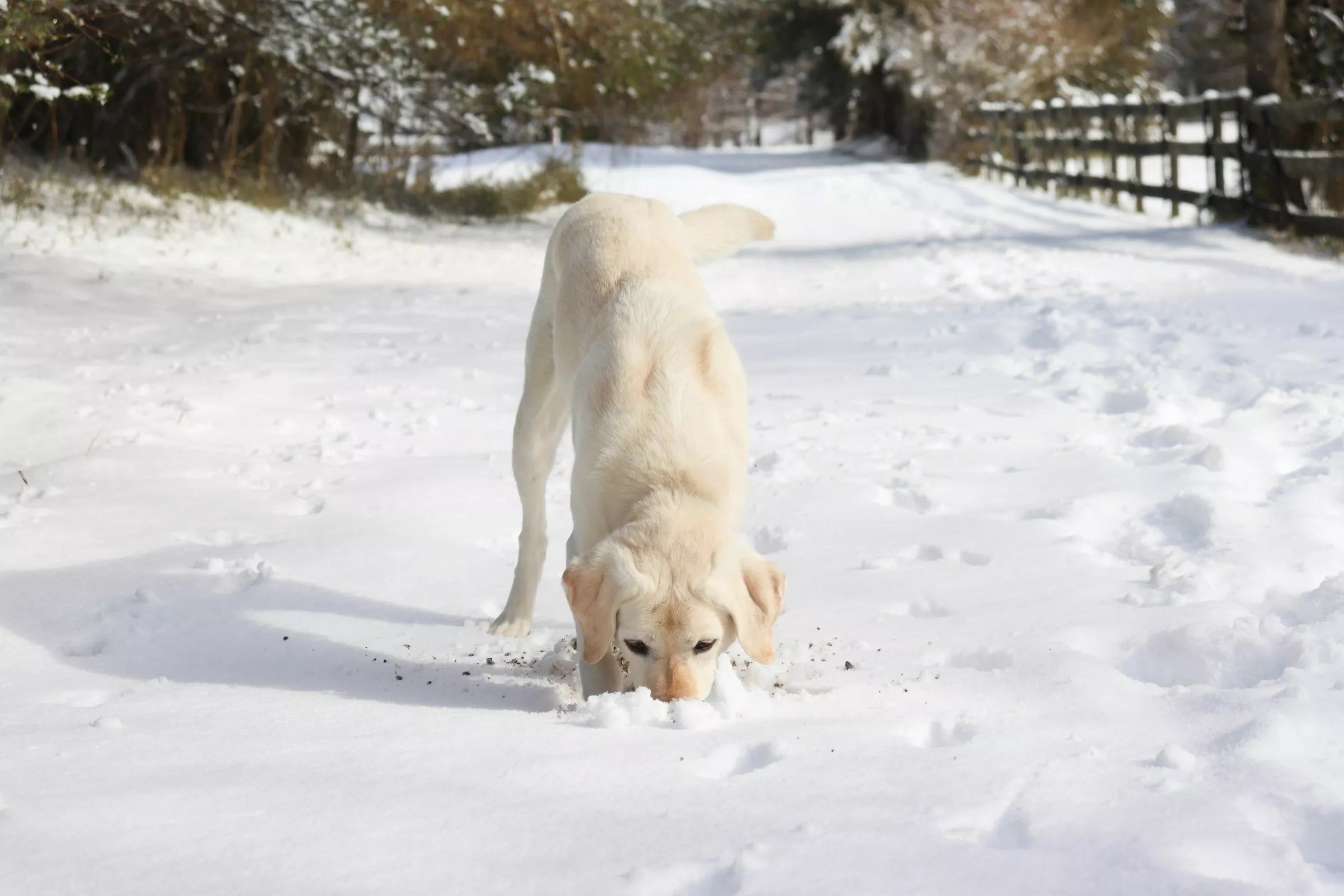Introduction
As a loving dog parent, you want nothing more than for your furry friend to be happy and healthy. But how can you be sure your dog is in the best of health? Knowing the signs of a healthy dog is essential for ensuring they live a long and vibrant life. Let’s dive into the key indicators that your dog is thriving.

Physical Appearance
Shiny and Smooth Coat
A healthy coat is a clear indicator of a dog’s overall well-being.
Importance of a Healthy Coat
Your dog’s coat can reveal a lot about their internal health. A shiny, smooth coat typically means your dog is getting the right nutrients and is free from parasites.
Signs of a Healthy Coat
Look for a coat that is soft, shiny, and smooth to the touch. There should be no bald patches, dandruff, or excessive shedding. Regular grooming can help maintain this healthy appearance.
Clear Eyes
Your dog’s eyes are another window into their health.
Why Clear Eyes Matter
Clear, bright eyes indicate that your dog is free from infections and illnesses. They should not be cloudy or have excessive discharge.
Signs to Look For
Healthy eyes should be clear, bright, and free from redness. There should be no excessive tearing or discharge, and the whites of the eyes should be white, not yellowish.
Clean Ears
Ears are often overlooked but are crucial for your dog’s health.
Importance of Ear Health
Healthy ears prevent infections and other complications. Regularly checking and cleaning your dog’s ears can help avoid issues.
Signs of Healthy Ears
Healthy ears should be clean, without a strong odor. They should be free from redness, swelling, or discharge. If your dog isn’t scratching their ears excessively, that’s a good sign too.

Behavior and Energy Levels
Alertness and Curiosity
A healthy dog is usually curious and alert, engaging actively with their surroundings.
Why Alertness is Important
Alertness indicates good mental and physical health. A dog that is aware of its surroundings and responds to stimuli is likely feeling well.
Indicators of a Curious Dog
Your dog should show interest in their environment, be eager to explore, and respond to new sounds and sights. Lack of curiosity could signal health problems.
Playfulness
Playfulness is a hallmark of a healthy dog.
Play Behavior in Healthy Dogs
Dogs that are playful are generally healthy and happy. They should enjoy playing with toys, other dogs, and interacting with you.
Changes in Playfulness
If your dog suddenly becomes less playful or energetic, it could be a sign of health issues or emotional distress. Monitor any changes closely.
Eating and Drinking Habits
Consistent Appetite
A healthy dog has a consistent and healthy appetite.
What a Normal Appetite Looks Like
Your dog should eat regularly and show enthusiasm at mealtimes. A sudden lack of interest in food can be a red flag.
Warning Signs of Appetite Changes
Changes in eating habits, such as eating less or more than usual, or sudden picky eating, could indicate health issues that need to be addressed.
Healthy Drinking Habits
Proper hydration is crucial for your dog’s health.
Importance of Hydration
Water is essential for your dog’s bodily functions. Ensuring they drink enough water is vital for their overall health.
Recognizing Normal Drinking Patterns
Your dog should drink water regularly. Excessive thirst or a noticeable decrease in water intake can signal health problems.
Digestive Health
Regular Bowel Movements
Regular and normal bowel movements are a key sign of a healthy digestive system.
What to Look For in Stool
Healthy stool is firm and moist. Any drastic changes in color, consistency, or frequency can indicate health issues.
Frequency and Consistency
Your dog should have regular bowel movements. Diarrhea, constipation, or irregular bowel habits can be signs of underlying health problems.
Healthy Weight
Maintaining a healthy weight is critical for your dog’s health.
Maintaining a Healthy Weight
Regular exercise and a balanced diet are key. Monitor your dog’s weight and body condition regularly.
Signs of Weight Issues
Watch for signs of being overweight or underweight. Ribs should be easily felt but not seen, and your dog should have a defined waist.
Dental Health
Clean Teeth and Gums
Good dental hygiene is crucial for your dog’s overall health.
Importance of Dental Care
Healthy teeth and gums prevent pain and infections, contributing to your dog’s overall well-being.
Signs of Healthy Teeth and Gums
Teeth should be clean without excessive tartar buildup, and gums should be pink and free from swelling. Bad breath can be a sign of dental issues.
Fresh Breath
Fresh breath is a good indicator of dental health.
What Fresh Breath Indicates
Fresh breath suggests that your dog’s teeth and gums are healthy, and there are no underlying dental problems.
Signs of Dental Problems
Bad breath, excessive drooling, or difficulty eating can signal dental issues that need attention.

Skin and Coat Health
Absence of Parasites
Your dog’s skin and coat should be free from parasites.
Checking for Fleas and Ticks
Regularly check your dog for fleas and ticks, especially after outdoor activities.
Preventing Infestations
Use preventive treatments to keep your dog free from parasites and check regularly for signs of infestation.
Healthy Skin
Healthy skin is another indicator of overall health.
Signs of Healthy Skin
Healthy skin should be smooth and free from redness, bumps, or dryness. There should be no signs of irritation or excessive scratching.
Common Skin Issues
Watch out for rashes, hot spots, or any changes in skin color or texture. These could indicate allergies or other health problems.
Mobility and Physical Condition
Smooth Movement
A healthy dog moves with ease and without pain.
Indicators of Good Mobility
Your dog should walk, run, and play without limping or showing signs of discomfort.
Recognizing Mobility Issues
If your dog is reluctant to move, limping, or showing stiffness, it may indicate joint or muscle issues.
Muscle Tone
Good muscle tone is essential for physical health.
Importance of Muscle Health
Strong muscles support your dog’s overall mobility and physical condition.
Signs of Good Muscle Tone
Your dog should have well-defined muscles without being overly thin or obese. Regular exercise helps maintain muscle tone.

Mental and Emotional Well-being
Social Behavior
Healthy dogs are generally sociable and enjoy interactions.
Interaction with Humans and Other Animals
Your dog should be comfortable and happy around people and other animals, showing positive social behaviors.
Signs of Social Well-being
A friendly, confident demeanor around others indicates good mental health. Shyness or aggression can be signs of emotional distress.
Stress Levels
Keeping stress levels low is important for your dog’s well-being.
Recognizing Stress in Dogs
Signs of stress include excessive panting, drooling, pacing, or hiding.
Maintaining Low Stress Levels
Provide a calm, safe environment and regular exercise to keep your dog’s stress levels low.
Conclusion
Keeping an eye on these signs can help you ensure your dog is happy and healthy. Regular vet check-ups, a balanced diet, and plenty of love and attention are key to maintaining your dog’s health. Remember, a healthy dog is a happy dog, and a happy dog means a happy dog parent!
FAQs
How often should I check my dog for signs of good health?
It’s good practice to monitor your dog’s health daily, with more thorough checks weekly. Regular vet visits are also crucial.
What should I do if I notice any signs of illness?
If you notice any signs of illness, contact your vet immediately. Early detection and treatment are vital for your dog’s health.
How can I maintain my dog’s health at home?
Regular exercise, a balanced diet, and routine grooming are essential. Additionally, keep your dog’s living environment clean and stress-free.
What are common signs of a sick dog?
Common signs include changes in appetite, lethargy, vomiting, diarrhea, coughing, and behavioral changes. Always consult your vet if you notice these signs.
When should I take my dog to the vet?
Routine check-ups should be done at least once a year, but take your dog to the vet immediately if you notice any unusual symptoms or behavior.















Share:
Can Dogs Eat Cucumber?
Why Are Y-Shape Dog Harnesses Better?